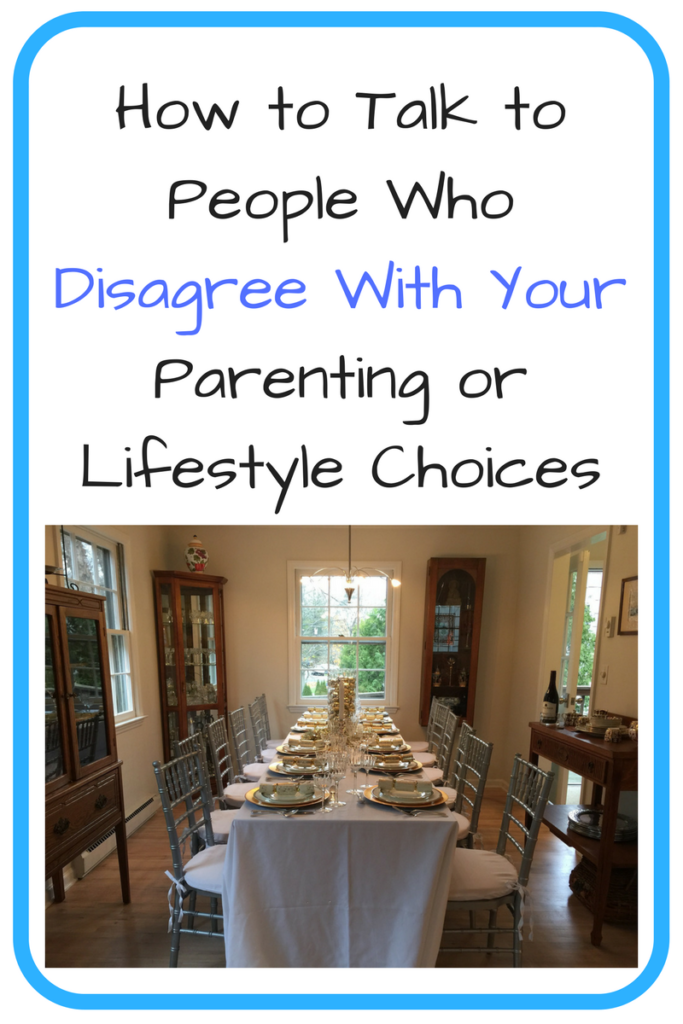
Sitting around the Thanksgiving table, I struggled to describe my job to my conservative aunt and her even more conservative neighbor. I wasn’t in the mood at the moment for a throw-down on climate change. More importantly, I wanted them to see my job – telling people about fuel-efficient and electric cars – as a good thing. I finally settled on the energy security angle.
“I tell people about how they can use less oil in their cars. Eventually it’s going to run out, so it’s best if we can use as little as possible,” I explained.
“Well, you know, some of those old oil things, they go back to and there’s more there,” the neighbor responded.
My husband started to say something like, “Well, sometimes there is more there that they just didn’t get the first time.”
But then she continued, “Oil has to build up faster than scientists say it does to get the amount we have, since the world’s only 8,000 years old.” I was so surprised that I had nothing to say. To put it lightly, that’s a very rare situation for me.
While this conversation was about science and my job, it could have easily been about parenting choices, green living, or politically progressive points of view. Eating a vegetarian diet, choosing not to use time-outs on your stubborn or strong-willed kid, or attending a climate change rally with your family are even more likely to draw unwanted commentary. It’s easy to want to avoid people who hold radically different perspectives, but that’s not always possible. Plus, if a topic is near and dear to your heart, you may want to try to change their mind on a topic, even if you have to talk people who disagree on it.
Here’s some tips for talking to people who disagree with your parenting, lifestyle or just point of view. Most of this is from the social science literature, so I’ve tried to link to good summaries of that literature when possible. Just as a warning – this may not be relevant for all situations. There may be times when you want to straight-up call someone out, like if they tell a racist or sexist joke.
Continue reading →









